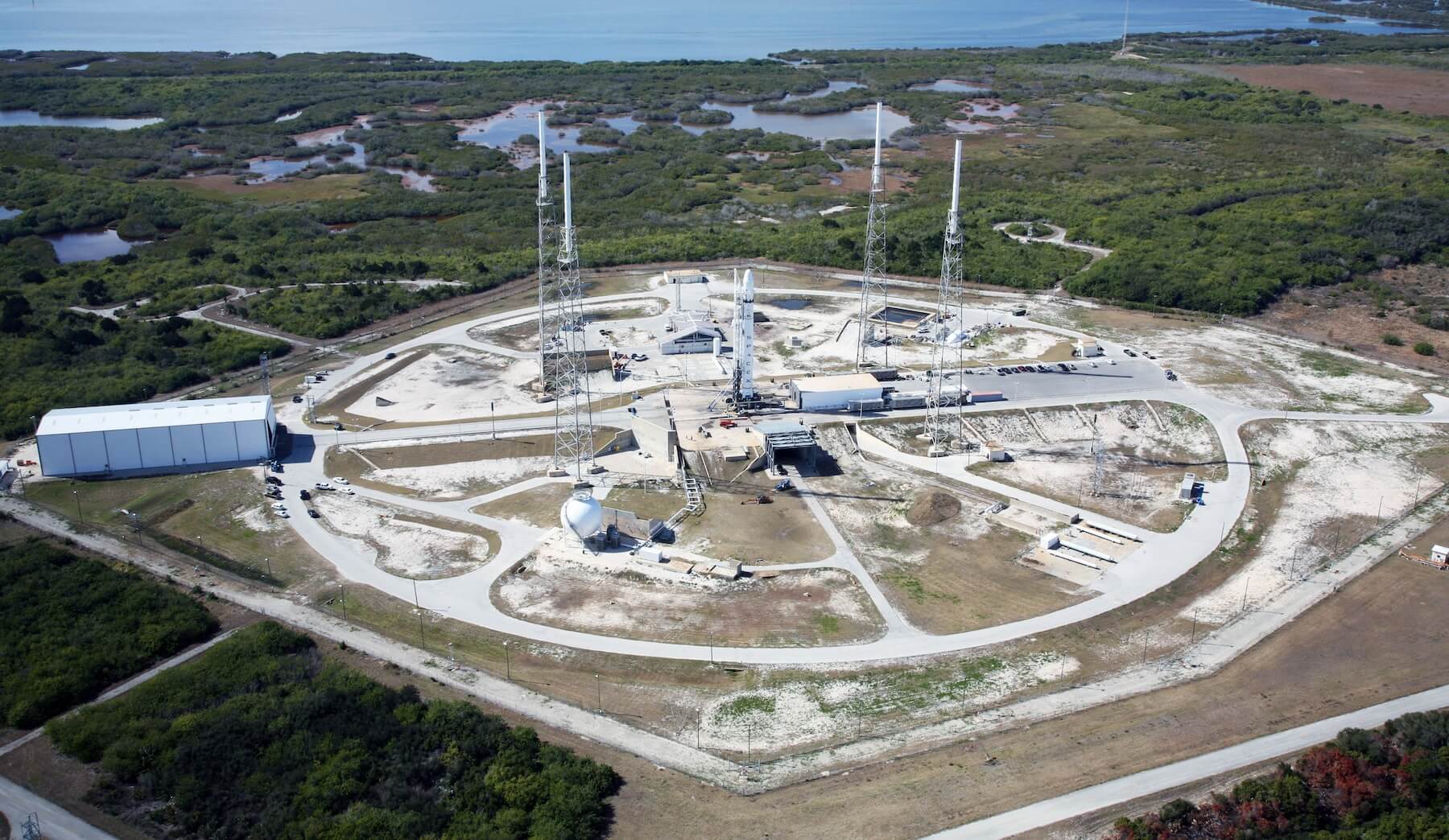The artificial intelligence landscape is evolving rapidly, with companies racing to deliver innovative solutions that push the boundaries of technology. However, this swift pace has not come without its challenges. xAI, a prominent player in the AI field, has recently announced that its next-generation AI model will not be arriving on time. This delay adds to a noticeable trend within the industry, where several other firms have also struggled to meet their projected timelines for new AI advancements.
The anticipation surrounding xAI’s new model has been significant. Market analysts and consumers alike have expressed keen interest in the potential capabilities of this next-generation AI. The model was expected to introduce enhancements in natural language processing, machine learning efficiency, and overall performance. However, the announcement of its delay has prompted discussions about the underlying factors contributing to this trend of postponed releases in the AI sector.
One of the primary reasons cited for the delay is the complexity involved in developing advanced AI systems. As technology continues to progress, the expectations for new models have escalated. Companies are not only tasked with creating more powerful algorithms but also ensuring that these systems are ethical, secure, and reliable. The pressure to balance innovation with responsibility has led many organizations, including xAI, to reassess their timelines and priorities.
Additionally, the rapid evolution of AI technology itself poses challenges for developers. The pace of advancements means that what may have seemed cutting-edge a few months ago can quickly become outdated. As a result, companies may find themselves needing to iterate on their designs more frequently, leading to extended development cycles. This phenomenon is not unique to xAI; other organizations in the industry have faced similar situations, resulting in a pattern of delays across various projects.
Moreover, the global supply chain issues that have emerged in recent years have also impacted the AI sector. Many companies rely on specialized hardware and components to power their AI models. Disruptions in the supply chain can lead to delays in production and testing, further complicating the timeline for launching new technologies. xAI’s experience is indicative of a broader challenge that many tech companies are currently navigating, as they seek to bring innovative products to market amidst ongoing logistical hurdles.
The implications of these delays extend beyond individual companies. For investors and stakeholders, consistent delays can raise concerns about a company’s operational efficiency and ability to deliver on promises. In an industry where competition is fierce, maintaining trust and credibility is crucial. As xAI and others grapple with the realities of development timelines, they must also consider how to communicate these challenges effectively to their stakeholders.
Despite the setbacks, the demand for advanced AI solutions continues to grow. Industries ranging from healthcare to finance are increasingly looking to integrate AI technologies into their operations. This demand underscores the importance of timely and reliable product launches. As companies like xAI navigate their development processes, they must also be aware of the expectations from their customers and the market at large.
Looking ahead, it remains to be seen how xAI will address the current delay and what strategies it may implement to mitigate future risks. The company may need to adopt more agile development methodologies or enhance collaboration with partners to streamline its processes. Additionally, transparency in communication about timelines and challenges can help maintain stakeholder confidence during periods of uncertainty.
In conclusion, xAI’s delay in launching its next-generation AI model reflects a broader trend within the artificial intelligence industry. As companies strive to innovate while facing complex challenges, the implications of these delays will continue to shape the landscape of AI development. The situation serves as a reminder of the delicate balance that must be struck between pushing technological boundaries and ensuring that products are delivered on time and meet the expectations of a rapidly evolving market.



